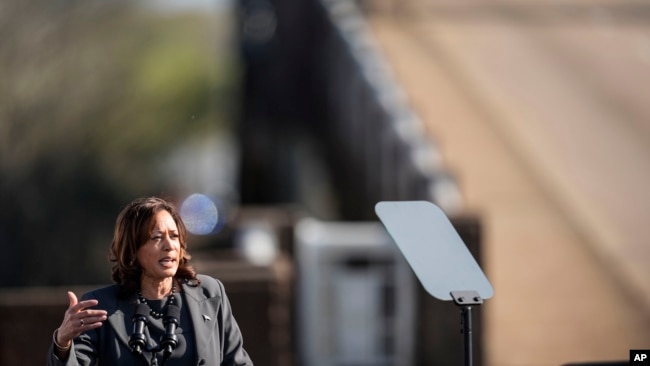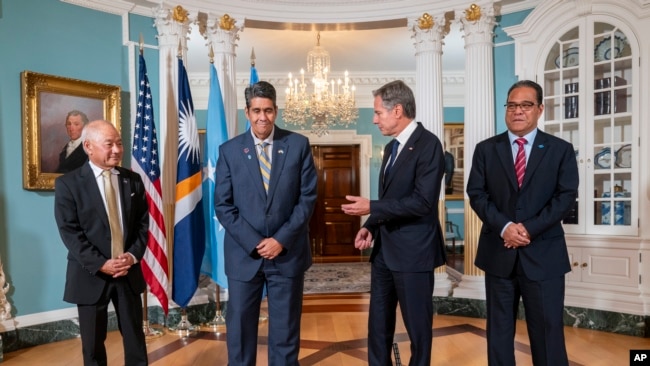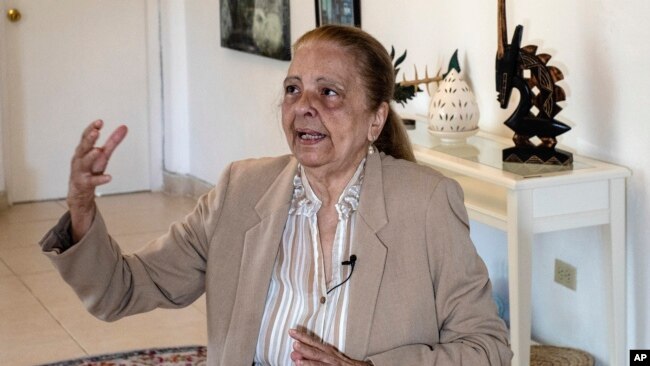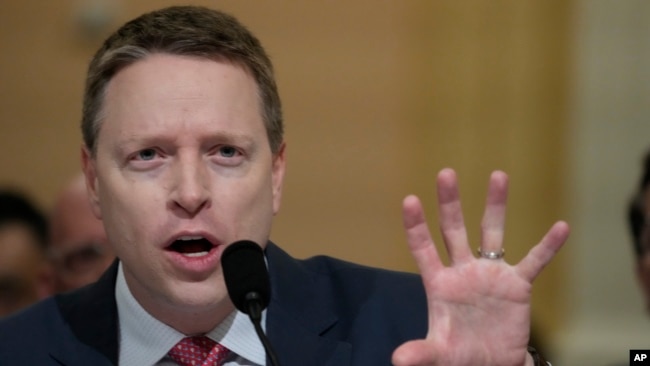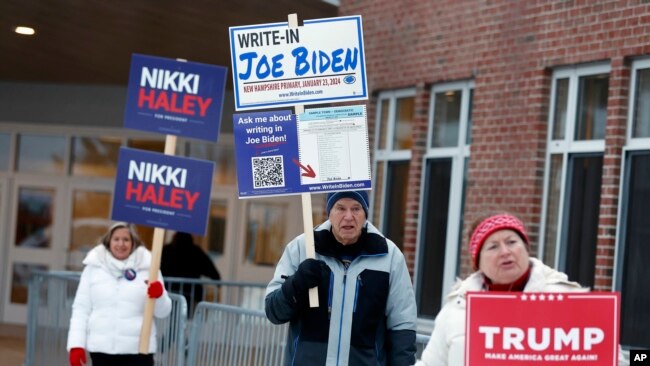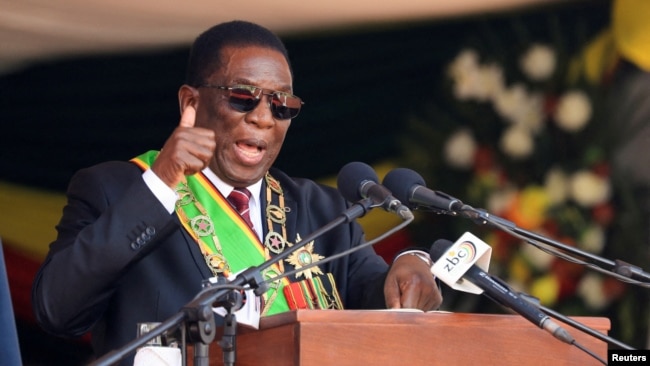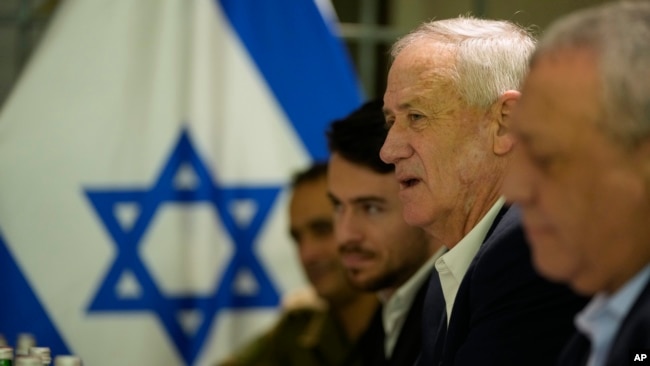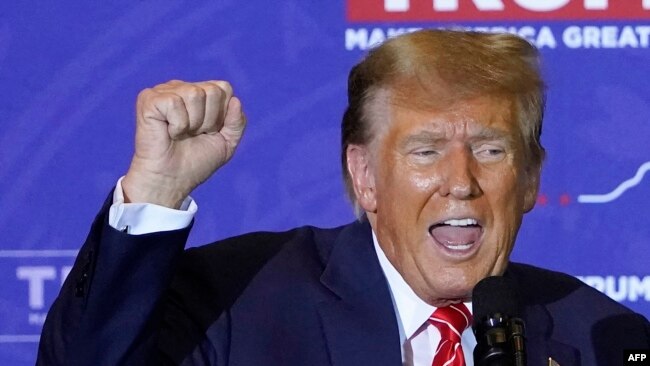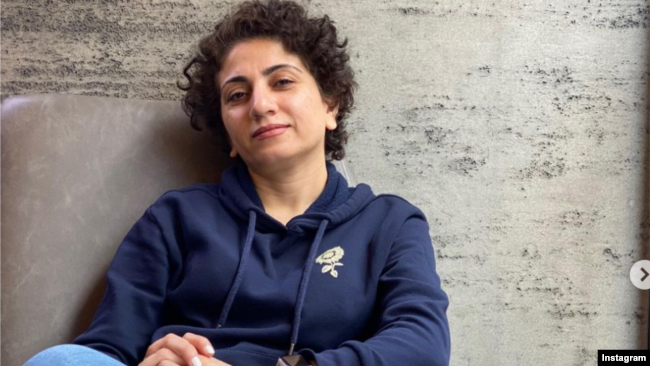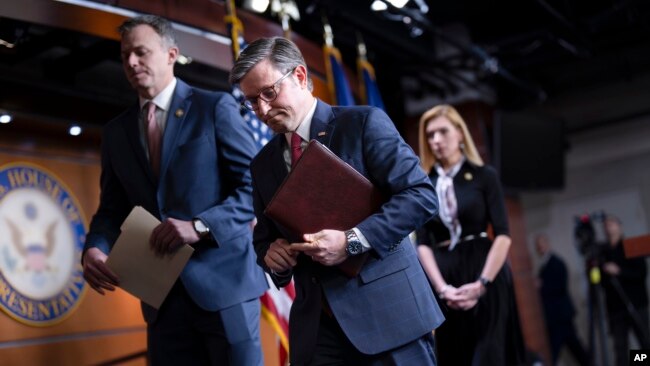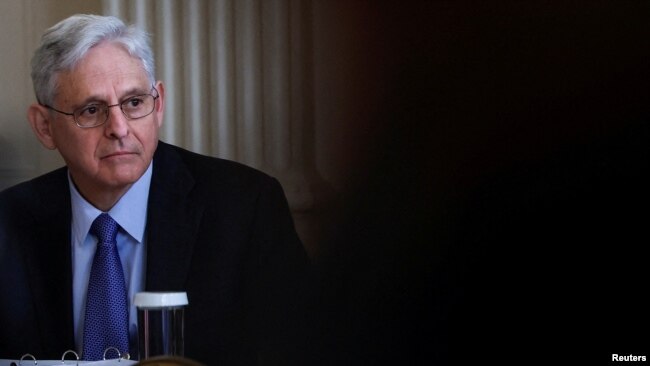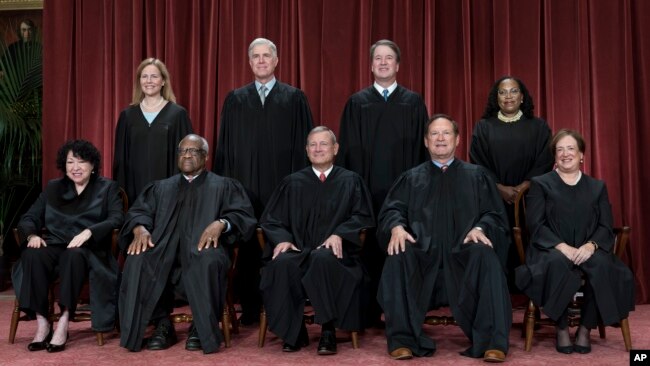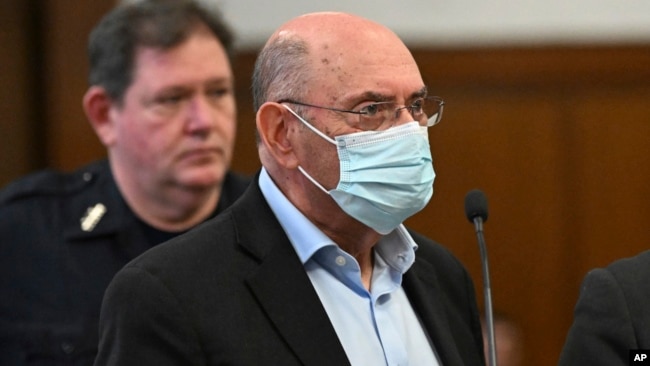기자들은 쿠데타 이후 미얀마에서 비밀리에 일합니다.
Journalists Work Clandestinely in Post-Coup Myanmar
페이지 정보
작성자 VOA News 작성일 21-12-05 01:47 댓글 0본문
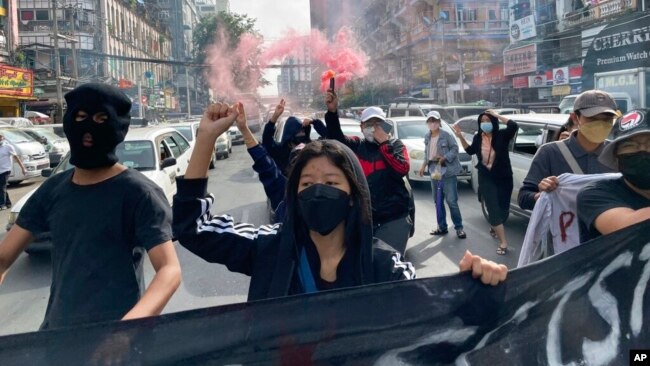
청년 단체 회원 몇 명이 장성 군정에 항의하는 플래시몹 집회를 열었습니다. 11월 11일 미얀마 양곤 파베단 타운쉽의 민 아웅 흘라잉입니다.
Several members of a youth group hold a flash mob rally to protest against the military government of Senior Gen. Min Aung Hlaing in Pabedan township in Yangon, Myanmar, Nov. 30, 2021.
양곤, 미얀마입니다.
YANGON, MYANMAR —
쿠데타 이후 미얀마는 언론인들이 활동하기 어려운 곳임이 증명되었습니다.
Post-coup Myanmar has proven a difficult place for journalists to operate.
2월 쿠데타로 선출된 정부를 전복시킨 지 10개월이 지난 지금, 언론인들은 그들이 당국에 의해 이유 없이 체포될 수 있다는 것을 알고 있습니다. 동시에, 그들은 쿠데타의 결과를 은폐한 책임이 있다고 보는 대중들로부터 종종 불신받습니다.
Ten months after the February coup that overthrew the elected government, journalists know they can be arrested without reason by the authorities. At the same time, they are often distrusted by the public who may see them as responsible for covering up the coup’s consequences.
그 결과, 어떤 이들은 국외에서 보고하는 반면, 다른 이들은 미얀마에서 비밀리에 일하고 있습니다.
Consequently, some now report from outside the country while others work in Myanmar but clandestinely.
2008년부터 양곤의 국제 사진 에이전시에서 일해온 한 인사는 "사진기자로 일한 13년 경력 중 최악의 상황"이라고 말했습니다.
"It is the worst situation in my 13 years’ experience of working as a photojournalist,” a person who has worked for an international photo agency in Yangon since 2008 said.
안전한 곳은 없습니다.
No place is safe
쿠데타 직후, 군사 정권은 기자 개개인을 괴롭히고 위협하고 위협했습니다. 그 이후로, 북한은 뉴스 매체 출판 면허를 취소했습니다. 지금까지 9건입니다.
Shortly after the coup, the junta harassed, threatened and intimidated individual journalists. Since then, the regime has revoked news outlet publishing licenses -- nine so far.
기자들은 이제 사무실에서 일하는 것을 두려워하고 있으며, 기자들은 집에서 일하는 것조차 절대적으로 안전한 것은 아니라고 말합니다.
Reporters are now afraid to work at their offices, and journalists say even working at home is not absolutely safe.
런던에 본부를 둔 국제 통신사에서 일하는 한 기자는 "보안군이 여러분의 현관으로 올 수 있고 여러분은 언제든지 체포될 수 있습니다"라고 말했습니다.
“Security forces can come to your front door and you can be arrested at any time,” a journalist working for a London-based international news agency said.
또한 그는 11월 22일 VOA와의 인터뷰에서 쿠데타 이후 아파트를 임대하는 데 어려움이 있다고 말했습니다.
He also spoke to VOA on Nov. 22 about difficulties renting an apartment since the coup.
쿠데타 이후, 그의 집주인은 그가 기자이기 때문에 양곤의 산차웅 타운쉽에 있는 아파트에서 이사할 것을 요청했습니다. 그는 다른 아파트로 이사했지만, 한 달 후에 새 집주인에게 이사해 달라는 요청을 받았습니다. 그리고 나서 그는 세 번째 아파트로 이사했습니다.
After the coup, his landlord asked him to move from the apartment in Yangon’s Sanchaung township because he is a journalist. He moved to another apartment, but a month later he was asked by his new landlord to move. He then moved to a third apartment.
두 번째 집주인을 언급하며 "아파트를 임대할 때 직업을 밝히지 않았지만 매일 뉴스 방송에서 제 얼굴과 목소리를 볼 수 있기 때문에 집주인이 단기간에 알 수 있었다"고 말했습니다.
“I didn’t disclose my job when I rented the apartment, but the landlord could find out in a short time because my face and my voice can be seen on daily news broadcasts,” he said, referring to his second landlord.
그의 현재 집주인은 "군대의 완강한 반대자이며 우리에게 살 곳을 줄 용기가 있다"고 36세의 기자가 말했습니다.
His current landlord, "is a staunch opponent of the military and has courage to give us a place to live," the 36-year-old reporter said.
많은 언론 단체들은 미얀마가 공식적으로 외국계 언론 매체 여기 사무실을 개설해 축출된 선출된 정부지만 상황은 쿠데타 후에 역전되고 이주했었지많은 매장 및 때는 군사 정부와 기자들과 편집자들을 체포했다 압수 수색을 그 나라를 떠났다 그들의 작전 끝났다.기자들은 몇명 미얀마에 남아 있습니다.
Many media groups relocated to Myanmar under the ousted elected government, which officially allowed foreign-based media outlets to open offices here, but the situation reversed after the coup. Many outlets ended their operations and left the country when the junta raided their offices and arrested reporters and editors. Only a handful of journalists remain in Myanmar.
양곤은 지금 더 위험합니다," 라고 미국에 본부를 둔 한 통신사의 지역 기자 중 한 명인 젊은 기자가 말했습니다. 계속되는 폭발과 반군의 공격으로 인해 양곤에서는 보안이 삼엄하고 검문검색과 불시 검문이 잦다고 26세의 기자는 말했습니다.
"Yangon is more dangerous now," a young journalist, one of few locally based journalists for a U.S.-based news agency, said. Security is tight and inspection and random checks are more frequent in Yangon because of constant explosions and attacks by anti-military forces, said the 26-year-old journalist.
그는 최근에 시골 마을로 이사를 와서 몸을 사리고 있습니다. 그의 조직은 쿠데타 이후 기자들의 전화선을 사용하지 않았다고 그는 말했습니다.
He recently moved to a rural town and lies low. His organization has not used reporters’ bylines since the coup, he said.
“게다가, 하나만 기자 군 소식통과 의사 소통에 할당된다,”은 기자가 말했다.그 기자 미얀마에ethnic-controlled 지역에서 안전한 구역에서 일한다, 그 저널리스트는 말했다.
“Furthermore, only a single reporter is assigned to communicate with military sources,” the journalist said. That reporter works in a safe zone in Myanmar in ethnic-controlled areas, the journalist said.
미얀마의 소리 뉴스 매체의 설립자인 나이 묘 린은 출소 이후 온라인 미디어 플랫폼을 계속 운영하기 위해 고군분투했습니다. 그는 지난 4월 군사정권에 의해 체포돼 미얀마 형법 제505-A조항 위반 혐의로 기소됐으며 이 조항은 쿠데타나 군사정권의 정당성에 대한 언급을 처벌하는 데 사용될 수 있으며 최고 3년의 징역형을 받게 됩니다.
Nay Myo Linn, the founder of news outlet Voice of Myanmar has struggled to continue to run the online media platform since being released from prison. He was arrested by junta in April and charged with violating Section 505-A of Myanmar’s Penal Code, a section that can be used to penalize comments about the legitimacy of the coup or junta and carries a penalty of up to three years in prison.
전 BBC 특파원인 나이 묘 린은 "VOM이 발표한 기사 58건이 국가를 자극하려는 시도로 간주되었고 저는 '테러 군사 정권'이라는 용어를 사용했다는 비난을 받았습니다"라고 말했습니다.
“Fifty-eight articles published by VOM were considered as attempts to provoke the country and I was accused of using the term ’terrorist military regime,’” Nay Myo Linn, a former BBC correspondent, said.
지난 6월, 네묘 린은 지역 경찰서장이 사건 종결에 동의한 후 만달레이의 오보 감옥에서 석방되었습니다. 그는 자신이 석방된 정확한 이유를 모른다고 말했습니다.
In June, Nay Myo Linn was released from Mandalay's Ohbo Prison after the local police chief agreed to close the case. He said he does not know the exact reason for his release.
그는 미얀마의 소리(Voice of Myanmar) 작전을 계속하기 위해 고군분투했지만, 일부 강경론자들은 체포를 두려워하고 있습니다.
He then struggled to continue Voice of Myanmar’s operations, but some stringers fear arrest.
그는 미얀마의 소리 팀 전체가 군사적 감시를 받고 있기 때문에 보도에 매우 신중해야 한다고 말했습니다.
He said the whole Voice of Myanmar team must be very careful in reporting as they are under military surveillance.
"저는 집에서 구토제를 합니다. 만약 당신이 미얀마에 머물면서 기자로 계속 일한다면, 당신은 체포되는 것을 두려워할 수 없습니다," 라고 두 아들의 아버지가 말했습니다.
“I stay at my home and run VOM. If you stay in Myanmar and continue working as a journalist, you cannot be afraid of being arrested,” said the father of two sons.
보고하는 데 어려움을 겪고 있습니다.
Struggling to report
쿠데타 이후 언론인들이 직면한 주요 문제로는 정확한 정보와 뉴스 자원에 대한 접근의 부족이 있습니다. 많은 기자들이 현장에 나가기 보다는 휴대폰과 소셜 미디어에 의존합니다. 특파원들은 그러나 언론인임을 나타내는 말투는 체포로 이어질 수 있다고 말합니다.
Major problems facing journalists since the coup include lack of access to accurate information and news resources. Many reporters rely on mobile phones and social media rather than going into the field. Correspondents say, however, that speaking in ways that indicate they are journalists can lead to arrest.
"우리는 정보를 검증할 때 더 신중해야 하고, 단체나 누군가에게 의도적으로 속지 않도록 더 신중해야 합니다."라고 런던에 위치한 한 언론 기관의 한 기자는 말했습니다.
"We have to be more careful when verifying information and more cautious not being deceived by a group or someone intentionally,” said a journalist with a London-based media organization.
사진 에이전시 기자는 전문 카메라로 사진을 찍는 것은 "극도의 위험"이라고 말했습니다.
The photo agency journalist said it is "extremely risky" taking photos with professional cameras.
요즘은 밤, 다음날 아침에 체포되면 가족들이 시신을 수습하라고 할 수 있습니다. 만약 우리가 체포된다면 우리의 삶은 보장되지 않습니다," 라고 이 사진 기자가 말했습니다.
“Nowadays, if a person is arrested at night, the next morning, family members could be told to retrieve the dead body. Our lives are not guaranteed if we are arrested,” the photojournalist said.
"대부분은 휴대폰으로 촬영하는 위험을 감수하고, 때로는 택시를 빌려 안에서 사진을 찍기도 합니다"라고 그는 덧붙였습니다.
"Mostly, I take the risk of shooting with mobile phones, and sometimes I rent a cab and take photos from inside,” he added.
인도 북동부 미조람과 미얀마 친 주의 칼라이 타운에 기반을 둔 코눔퉁 미디어 그룹의 특파원인 살라이 로버트 씨는 부족한 출처와 열악한 통신 문제에 직면해 있다고 말했습니다.
Salai Robert, a correspondent for Khonumthung Media Group based in Mizoram, in northeast India, and Kalay township in Myanmar’s Chin state, said he faces scarce sources and poor communication issues.
"국민들은 군부의 탄압으로 인해 우리와 대화하는 것을 매우 두려워하고 있으며, 또한 주 당국자들은 논평이나 정보에 대한 요청을 받아들이지 않고 있습니다"라고 로버트는 말했습니다.
"People are very scared of speaking with us because of the oppression of military, and, also, state officials don’t accept requests for comment or information,” Robert said.
로버트는 군사정권이 친에 기자들을 감시하고 있으며 수도 하카를 제외한 모든 마을의 인터넷 서비스를 중단했다고 말했습니다. 그는 친에 기반을 둔 언론 매체들이 휴대폰이나 시그널을 통해 서로 문자 메시지를 주고받음으로써 대중에게 정보를 알리려고 한다고 말했습니다.
Robert said the junta has journalists under surveillance in Chin and has cut off internet services in all townships except the capital, Hakha. He said Chin-based media outlets are trying to get information out to the public by texting each other via mobile phones or Signal.
지역 언론인들이 직면한 또 다른 문제는 대중의 태도입니다. 기자들은 반군이 군과 그 부대원들의 활동에 대한 보도와 친군으로 추정되는 인사들과의 인터뷰에 좋지 않은 반응을 보이고 있다고 말했습니다.
Another problem facing local journalists is public attitudes. Journalists say anti-military forces react badly to reports on activities of the military and its affiliates, and to interviews with those who are assumed to be pro-military.
Nay Myo Linn은 종종 반군사 단체와 친군사 단체로부터 비난을 받는다고 말했습니다.
Nay Myo Linn said he often receives criticism from both anti- and pro-military groups.
"가장 큰 도전은 이 중요한 시기에 윤리적 저널리즘을 실천하는 것입니다. 만약 우리가 혁명군에 대해 쓴다면, 군대는 우리를 체포할 것입니다. 친혁명 세력은 군사적인 문제를 보도하면서 우리를 친군사적인 언론이라고 부르기도 합니다. 어쨌든 균형 잡힌 뉴스를 쓰기로 결심했습니다."라고 그는 말했습니다.
"The biggest challenge is trying to practice ethical journalism at this critical time. If we write about revolutionary forces, the military will arrest us. Pro-revolutionary forces also label us pro-military media while reporting on military matters. Anyhow I determined to write balanced news,” he said.
또한, 언론인들은 불필요한 외출을 피하고 소셜 미디어 활동을 통제하는 등의 보안상의 이유로 조치를 취할 수밖에 없습니다. 그러나 많은 사람들은 이러한 것들이 희생이 아니라 그들이 안전하게 일을 계속할 수 있도록 하는 예방책으로 본다고 말합니다.
In addition, journalists are forced to take steps for security reasons, such as avoiding going out unnecessarily and controlling their social media activities. Many, though, say they do not see these as a sacrifice but as precautionary measures allowing them to continue their work safely.
미조람에게 소식을 전한 적은 있지만 한 나라에 사는 것은 외부에서 보도하는 것과 같지 않습니다. 그것이 제가 몇 가지 어려움을 겪었음에도 불구하고 이곳에 남아서 일하기로 결심한 이유입니다," 라고 로버트가 말했습니다.
"I have written news from Mizoram before but living in a country is not the same as reporting from outside. That’s why I decided to stay and work here despite having several difficulties,” Robert said.
출처 : VOANews
댓글목록 0
등록된 댓글이 없습니다.


